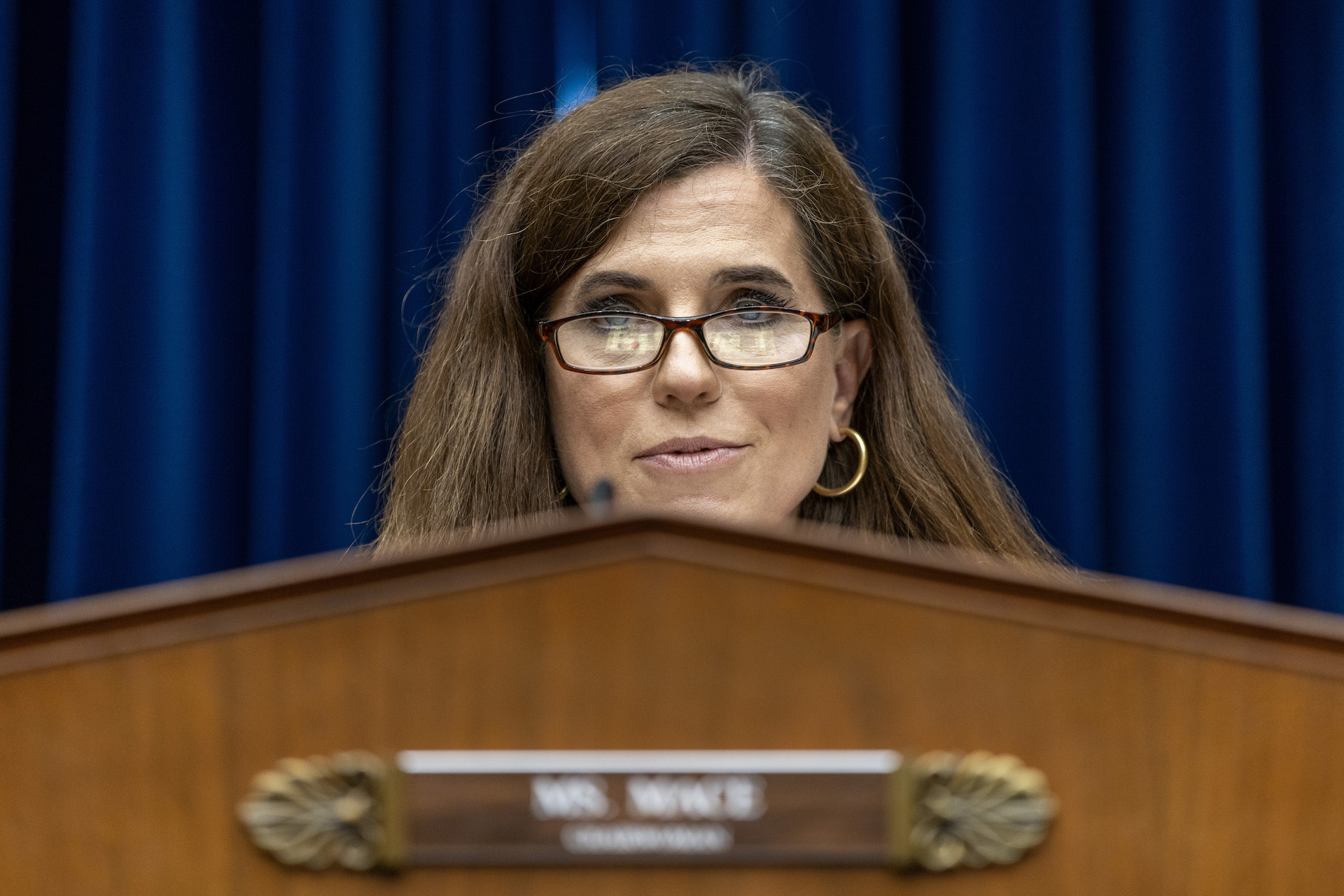AI at Work: Will Algorithms Decide Your Career Fate in New Zealand?

The rise of Artificial Intelligence (AI) is transforming workplaces across New Zealand, and a growing number of managers are turning to AI-powered tools for crucial decisions – including hiring and firing. While AI promises increased efficiency and objectivity, it also raises significant legal and ethical concerns. Are we heading towards a future where algorithms dictate our career trajectories? This article explores the potential benefits and pitfalls of AI in the workplace, specifically within the New Zealand context, and examines the legal risks businesses face when relying on these technologies.
The Allure of AI in HR
AI is being integrated into various HR functions, from screening resumes and conducting initial interviews to monitoring employee performance and even identifying potential layoffs. Proponents argue that AI can eliminate bias, improve the speed of recruitment, and provide data-driven insights to optimise workforce management. Imagine AI sifting through hundreds of applications, identifying candidates whose skills and experience best match the job requirements – a significant time-saver for HR teams.
However, the reality is far more complex. AI algorithms are trained on data, and if that data reflects existing biases (based on gender, ethnicity, age, or other protected characteristics), the AI will perpetuate and even amplify those biases. This can lead to discriminatory hiring practices and unfair dismissal decisions, creating legal headaches for employers.
Legal Risks in the Kiwi Context
New Zealand employment law places a strong emphasis on fairness, good faith, and the protection of employee rights. Using AI to make employment decisions without proper oversight and transparency can easily violate these principles. Here's a breakdown of key legal risks:
- Discrimination: As mentioned, biased AI can lead to direct or indirect discrimination, violating the Human Rights Act 1993.
- Privacy Concerns: AI often requires access to vast amounts of employee data, raising concerns about data privacy and security under the Privacy Act 2020. Employers must be transparent about how employee data is being collected, used, and stored.
- Lack of Transparency and Explainability: Many AI algorithms are “black boxes,” meaning it’s difficult to understand how they arrive at their decisions. This lack of transparency makes it challenging to challenge decisions and can be seen as unfair. Employees have a right to understand why they were not hired or were dismissed.
- Procedural Fairness: Even if an AI system is technically accurate, employers still have a legal obligation to ensure procedural fairness. This means providing employees with an opportunity to respond to concerns and challenge the AI’s assessment.
Best Practices for Responsible AI Implementation
Businesses in New Zealand can mitigate these risks by adopting a responsible approach to AI implementation. Here are some key recommendations:
- Bias Detection and Mitigation: Regularly audit AI algorithms for bias and take steps to correct any identified issues.
- Transparency and Explainability: Choose AI systems that provide some level of explanation for their decisions.
- Human Oversight: Always maintain human oversight over AI-driven decisions. AI should be used as a tool to assist human decision-makers, not to replace them entirely.
- Data Privacy and Security: Implement robust data privacy and security measures to protect employee information.
- Employee Communication: Be transparent with employees about how AI is being used in the workplace and provide them with opportunities to ask questions and provide feedback.
- Legal Review: Consult with employment law experts to ensure compliance with New Zealand law.
The Future of Work in New Zealand
AI is undoubtedly here to stay, and its impact on the New Zealand workforce will only continue to grow. By proactively addressing the legal and ethical challenges, businesses can harness the power of AI to create a more efficient and equitable workplace – one where technology empowers, rather than dictates, career opportunities. Ignoring these risks, however, could lead to costly legal battles and damage to a company’s reputation.






